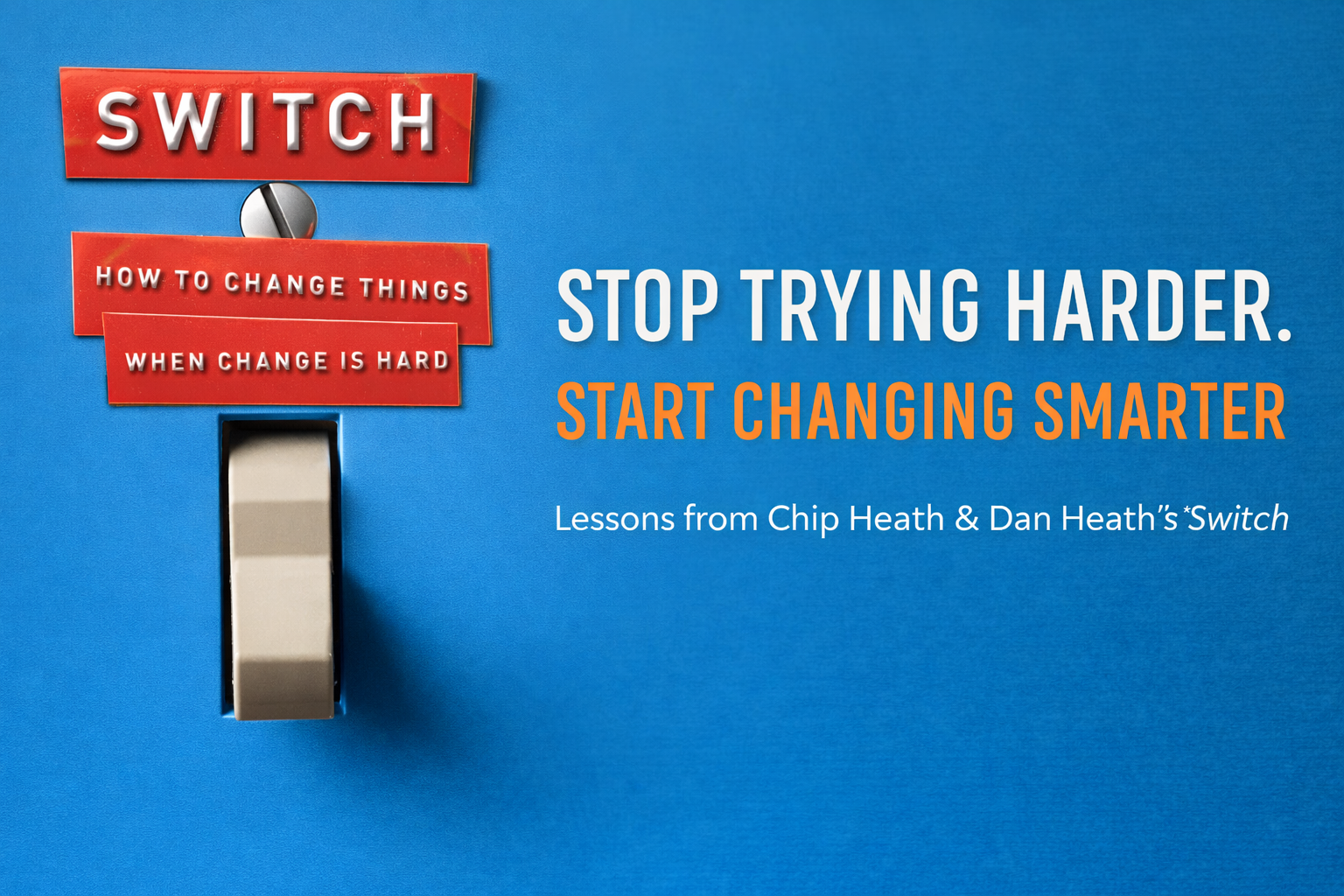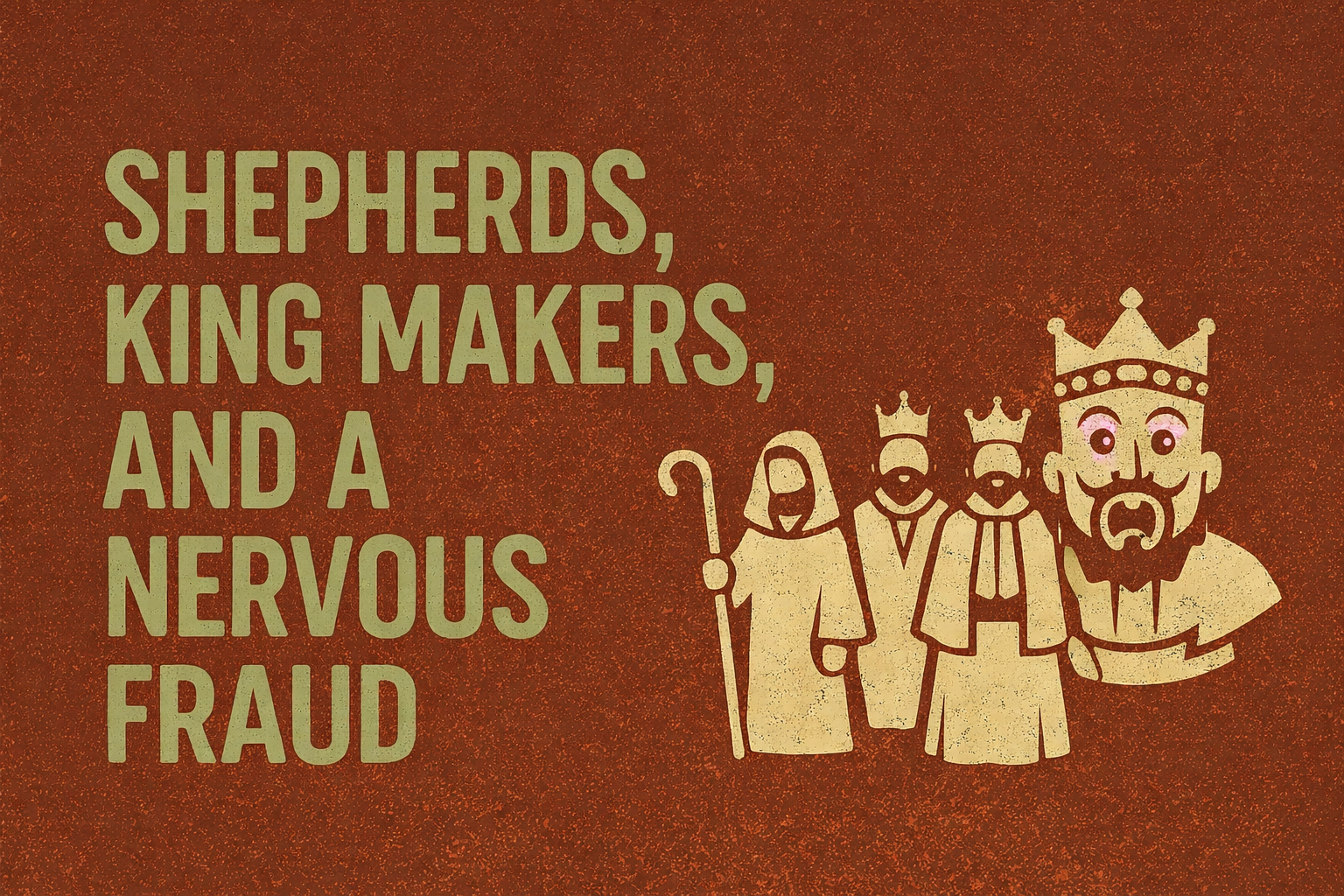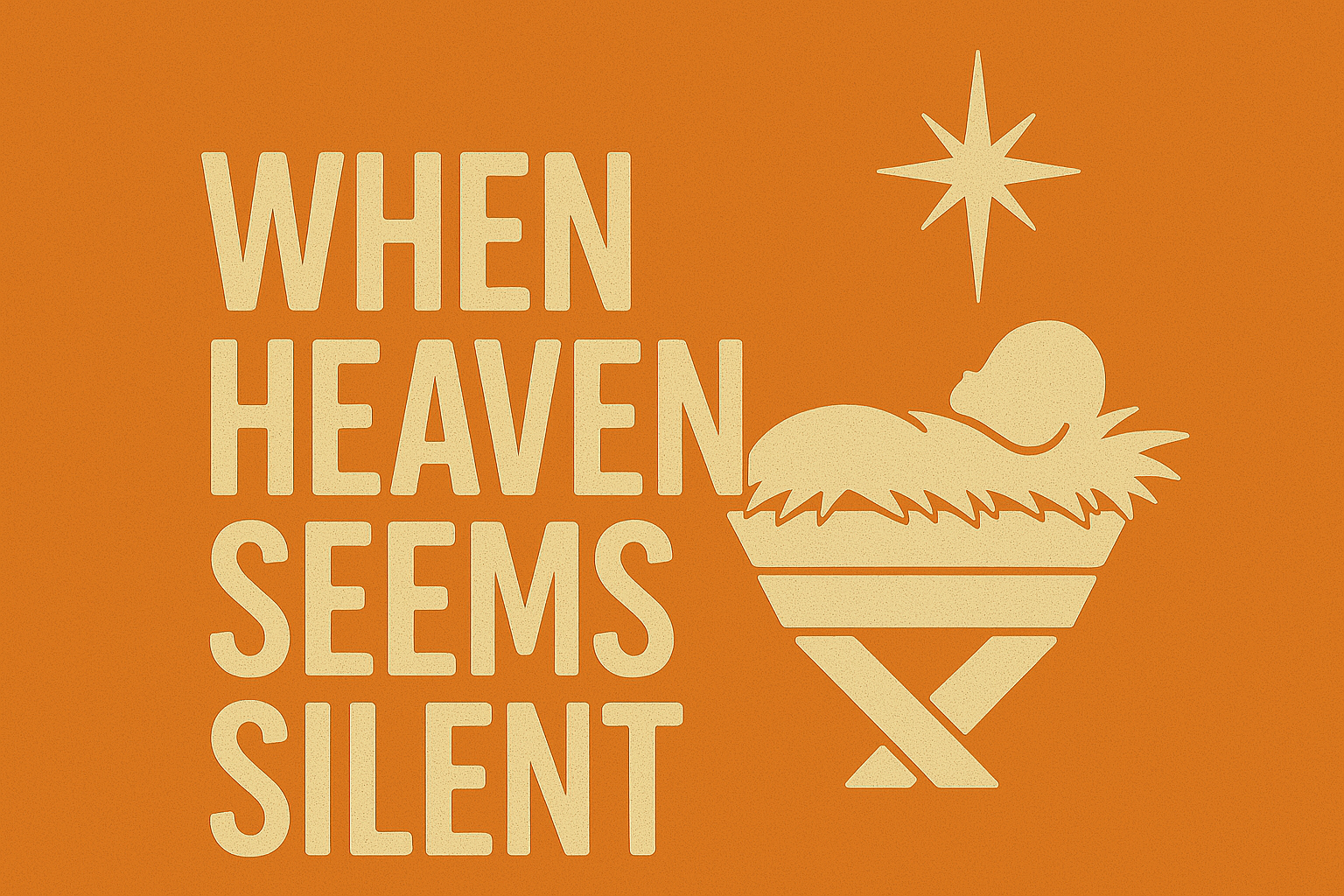Wake up.
Look in the mirror.
What do you see?
As strange as this sounds, I don’t think we ever get accustomed to our own image. No matter how many times we’ve stared back into our own eyes, there’s something uncomfortably halting about the experience. This self observation forces a shift in perspective, the rare chance to see you as others do. Or at least as we think they do.
Mirrors have the power to inform, affirm, and even disturb us. It can be unsettling when what you see doesn’t match how your body feels, or worse when the image is displeasing to your own internal standard. A mere reflection can bring anxiety, frustration, and cripple self-confidence all from just a brief glance at our exterior.
But imagine for a second if there was a hypothetical mirror capable of looking past just physical appearance; if emotion, memory, experience, thought, and depth could all be displayed in living color. These hidden pieces of you would not be a static image, but one that swirls and dances in and out of the mirror, moving around the room to be seen but also felt. The sum of who you have been and are now stretched infinitely deep before you and wide across the walls growing with every moment as you take it all in. You in full array to be seen by you outside of you.
Do you like what you see?
If you’re anything like me, the answer is still No.
Why?
Even when given the chance to step outside of ourselves, we still struggle to let go of our own standards. If there existed a carbon copy of you in every sense, over time and interaction with this “other” you, judgments and negative perceptions would accumulate just as they internally do now. We are critical and perceiving creatures; the standard we hang around our own neck is far heavier than what we would dare hang on anyone else. This impossible standard makes self loathing easy, if not almost dangerously comfortable.
In these moments of painful self realization, our minds begin to work around the mess in an attempt to save ourselves. The mental gymnastics that follow are often a combination of denial, justification, comparison, behavioral manipulation, or alienation.
Forget your failed relationships.
Everyone has addictions.
You’re not that selfish.
You need to work harder.
Don’t let anyone in. If no one knows it can’t be real.
These techniques may pull us out temporarily, but are never more than a fleeting reprieve. We fall back into the same cycle, perhaps even worse as shame distorts the already muddied image.
I don’t think we always need more self-reflection. I definitely don’t think we need any more mirrors. We need something outside of us to know us and meet us where we are, something capable of not just viewing but interacting. We need a person, another face to stare into as a means of knowing and loving ourselves. We need relationship.
If this thought doesn’t seem tangible or accessible to you, consider what happens when watching an emotional movie or listening to a friend tell a moving story. I recently experienced this first hand while watching Wonder, a movie about a young boy with special needs. I was on a plane and as the movie ended I couldn’t hold back tears. The woman next to me also began to cry, not because she was watching the movie but because she saw my tears. As awkward as this was, it only affirmed the idea that we do reflect each other, but in a far more beautiful way than any lifeless mirror or standard ever could.
Humans actually have these things called “mirror neurons.” They allow us to gather not just information through our senses, but actually replicate the emotions we see in others. It’s why we feel elated at other people’s weddings, get scared during horror movies, and weep uncontrollably when Goose dies in Top Gun.
Because we are neurologically capable of replicating emotion, when the person across the table looks at you with love in the texture of their face, it physically produces a feeling of self-love within. We need to hear a human voice remind us of our value, to see a friend’s eyes light up when you walk into the room. We need the touch of a caring hand upon the shoulder after what feels like insurmountable pain. All of these actions of another directed upon us physically produce the projected affection and compassion within us.
This isn’t a new idea. In fact, it’s the very idea our own existence is born of. God himself, the eternal three in one, is a Relationship. And even more, He put on skin in the person of Jesus to be love we could see, touch, and hear. He looked on people with compassion, and their own mirror neurons, which He made, would go to work physically manifesting a self-love and belonging within. That’s crazy. And beautiful to know God did not just mean to be thought of but also powerfully felt.
This interaction, the receiving of another’s love, is what we most profoundly and deeply need. And in reverse, it is the most powerful thing we can give. It is the truest reflection able to undo even the harshest self standard. It is in relationship that we find ourselves and better yet, it means no more mirrors.




